I recently read a friend’s post on Facebook saying how much he missed eating salmon sushi and how that’s the first thing that he will do when everything reopens.
You may not find anything wrong with that but we are here on the island of Mauritius, surrounded by ocean. We all know that everything happening to us today is due to our lack of understanding of the importance and respect for our planet.
So let’s have a look at what are the implications of eating salmon in Mauritius and anywhere else in the world.
Sustainability of local marine resources.
As we all know now, resources on this planet are finite. Unless we have another planet to go and live on in the coming years, there’s no Planet B.
Here, we are looking at fish stock as a finite resource, and there are two sides of that same coin. On the one side, you may argue that salmons reproduce so it is not finite but on the other side, unsustainable depletion of stock makes that resource finite.
Global demand nowadays surpasses by manifold the natural capacity of the fish to reproduce and reach maturity in time. This is a vicious circle; the lowering number of mature stock means that there are fewer salmon spawns and the downward spiral goes on.
If we take the example of Norwegian salmon stocks, it has more than halved since 1980; and that trend is on the global level, affecting other countries like Alaska, Scotland, and so on.
The global demand is way over the natural supply. It is thus correct to say that it is not sustainable.
The reality is that local stocks can merely support the local population. Until each affected country has good governance and regulations in place, it is up to us to make the change.
Fish farming
So far, we looked at wild salmon stocks. The first thing that then comes to mind is to substitute with farmed salmon.
Fish farming has become ever more popular in recent years and has been the go-to answer to wild fish stock depletion. Yet, as years go by and more studies become available on its impact, we can see that it only adds to the pressure on local wild species.
How wild salmon stocks are affected by fish farming
Much research now shows a clear picture; fish farming is not a solution. The negative impacts on the environment range from spreading parasites to pesticides. Furthermore, sea lice are becoming an increasing problem with salmon farms and are infecting wild salmon populations, putting even more pressure on the declining stocks.
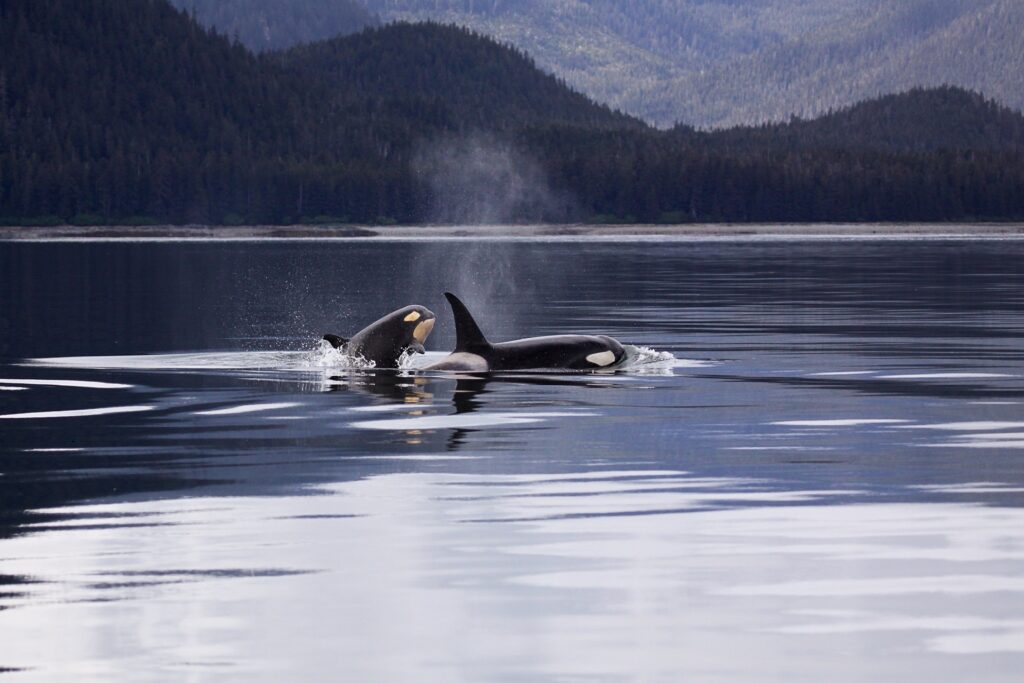
Impact of low salmon stocks on other marine species
Now, you may not necessarily care about salmon or fish in general.
But the world is made of intricate ecosystems each depending on each over. A well-documented issue rising from depleting wild salmon stock is how it is affecting resident killer whale numbers. As such, the Southern Resident Killer Whales have now been classified as ‘endangered’ by NOAA.
Furthermore, salmon farms heavily depend on fish feed which comes from other wild fish species. This creates yet other issues such as the depletion of other fish stocks, overfishing, illegal fishing, and social issues.
Let’s not even go into how all the antibiotics and other chemicals affect your own body.
Eat local
Eating local is what is recommended for the environment. And that comes with some pretty good reasons.
In our case, as mentioned earlier, we live on an island surrounded by the sea and thus have easy access to fish.
Eating local not only helps support local communities who’s main source of income relies on fishing but it also eases that pressure on global fisheries.
Conclusion
It turns out that just for the sake of your taste buds and social image, the whole world is taking a big hit. Is it worth it?
You may argue that the salmon is already imported and other people are eating it.
Well, supply will always follow demand. If you stop your demand and communicate the same to your friends and family then you will get the ball rolling. Wars are fought a single step at a time nowadays and despite how small it may be, you can make a difference.
I can understand that you may not want to be a vegetarian and that you love sushi; I am happy to say that the options are plenty! Check out your local fisheries and arrange to buy your fresh line-caught fish directly from your local fisherman. Not only will you have made a difference worldwide but you will also have made it better for your local community.
If fishing is your thing, do check out my post about kayak fishing!

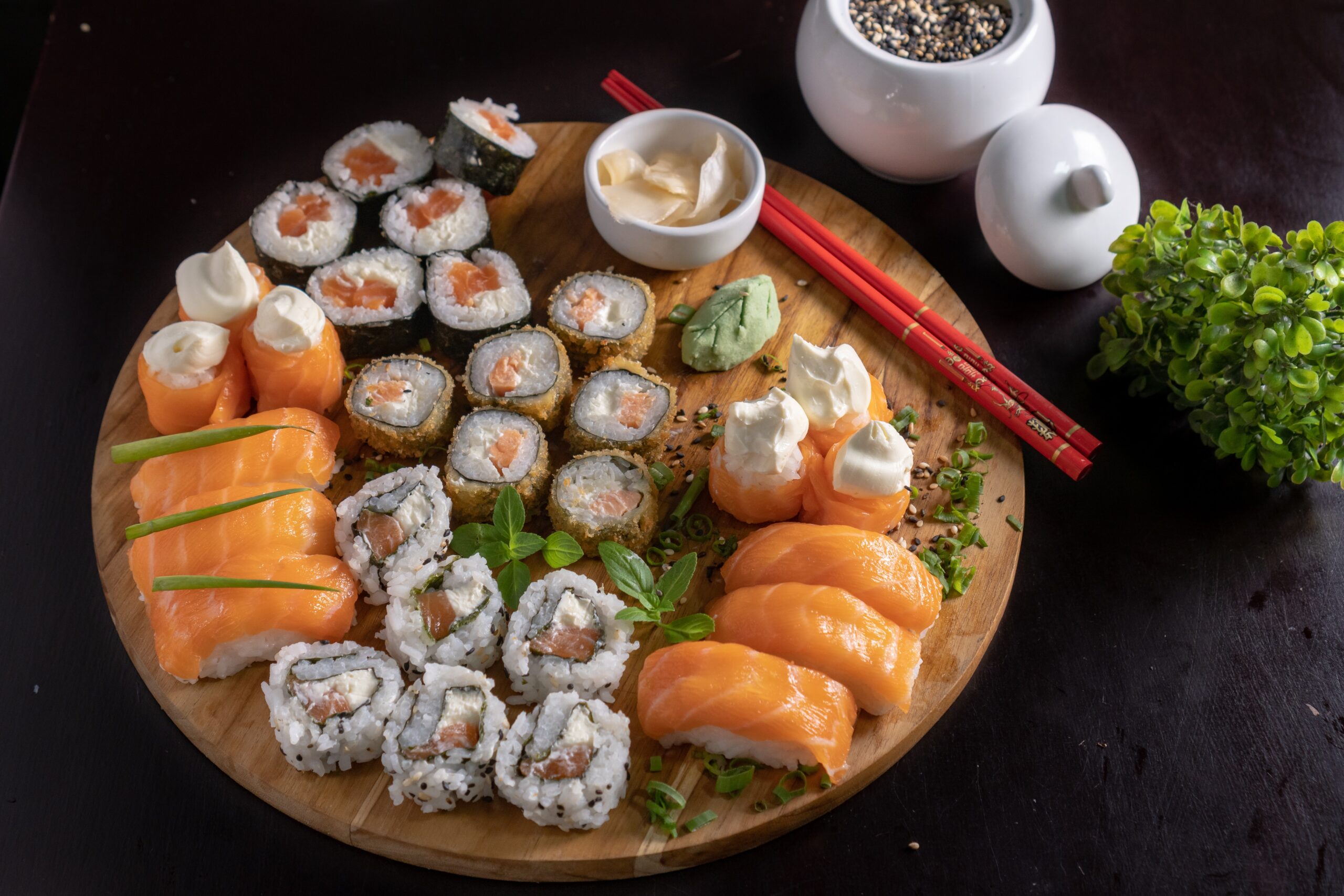
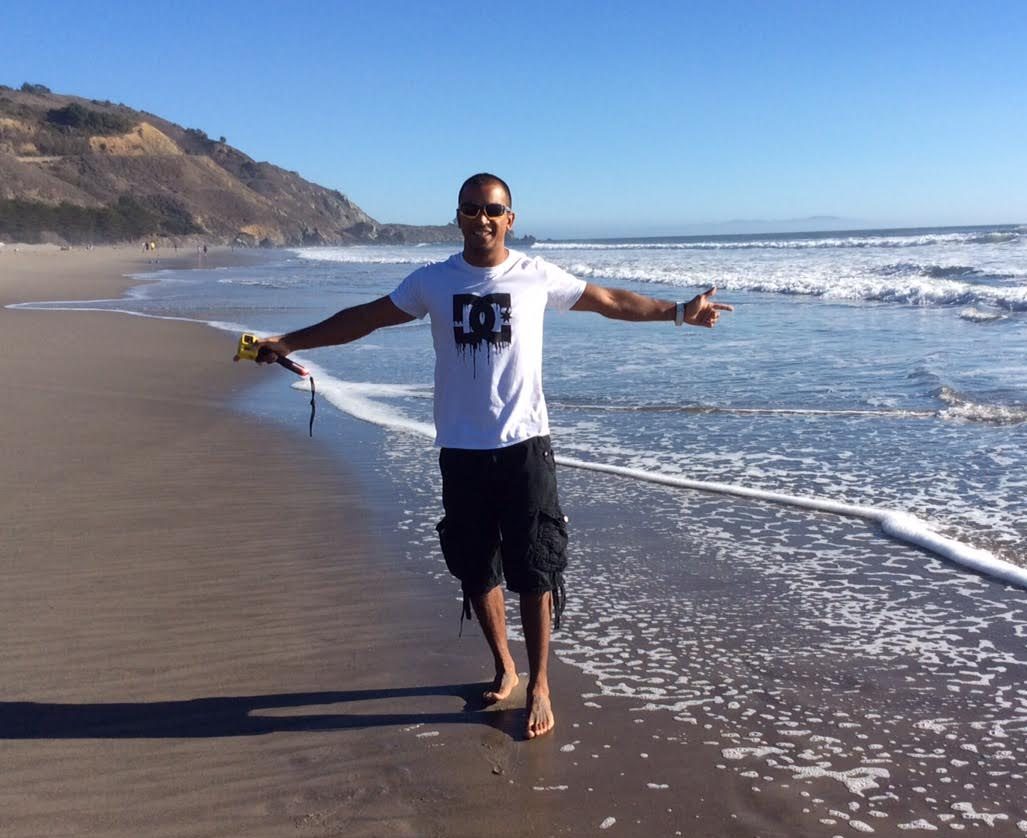
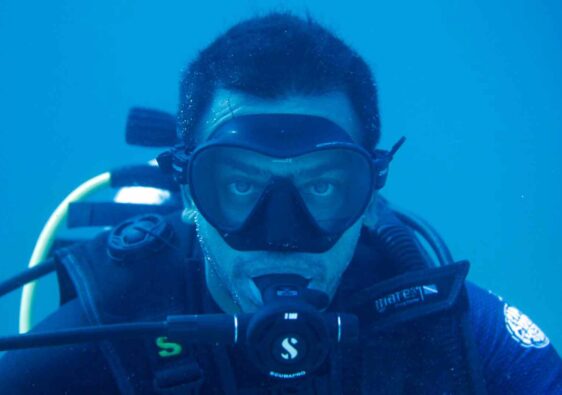
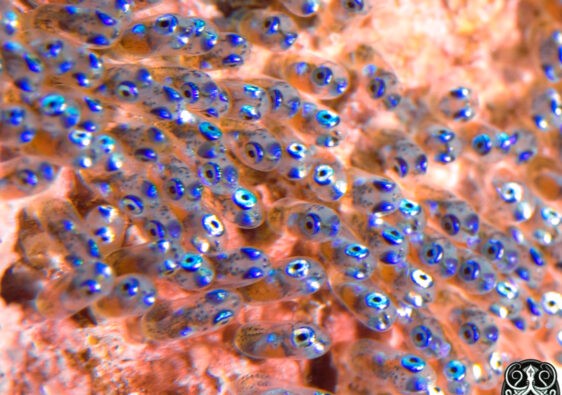
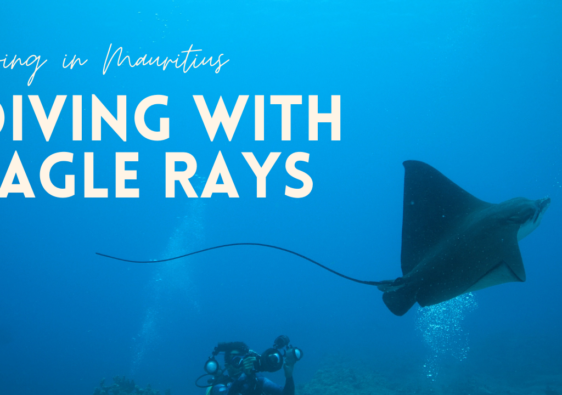
I JUST THINK THAT WE MUST LEARN TO LIVE WITHOUT EATING WHATEVER ANIMALS WE HAVE BEEN EATING. WE NEVER REALY THINK OF HOW CRUEL AND VIOLENT IT IS TO KILL THE ANIMALS IN ORDER TO EAT THEM. WE DO NOT UNDERSTAND THAT THIS MEANS GREAT SUFFERING FOR THEM. THEY ALSO WANT TO LIVE AND TO BE HAPPY AND THEY DO NOT WANT TO BE KILLED !
THERE ARE SO MANY DELICIOUS THINGS TO EAT WITHOUT KILLING THE ANIMALS !
WE CAN EAT ALL KINDS OF FRUITS, CAKES, CHOCOLAT, PIZZAS, ETC…ETC…WHY TO KILL THE POOR THINGS ?
You are definitely right. There is so much more around us that we can take without hurting anything on this planet.
Well done Krsna, it’s good to encourage more conscious eating and I agree with eating locally. We all need to do what we can to reduce our impact on the environment and ensure it’s sustainable with as little cruelty as possible.
You’ve made some really good points there. I checked on the web for more information about the issue and
found most people will go along with your views on this site.
Finally, I have found something that helped me. Appreciate it!
Hello old friend…
Not that old, huh? 😛 Made me smile! Glad to hear from you <3
Way cool! Some very valid points! I appreciate you writing this post and also the rest of the site is also very good.
Your writing really helped me in knowing what steps to take. Thank you